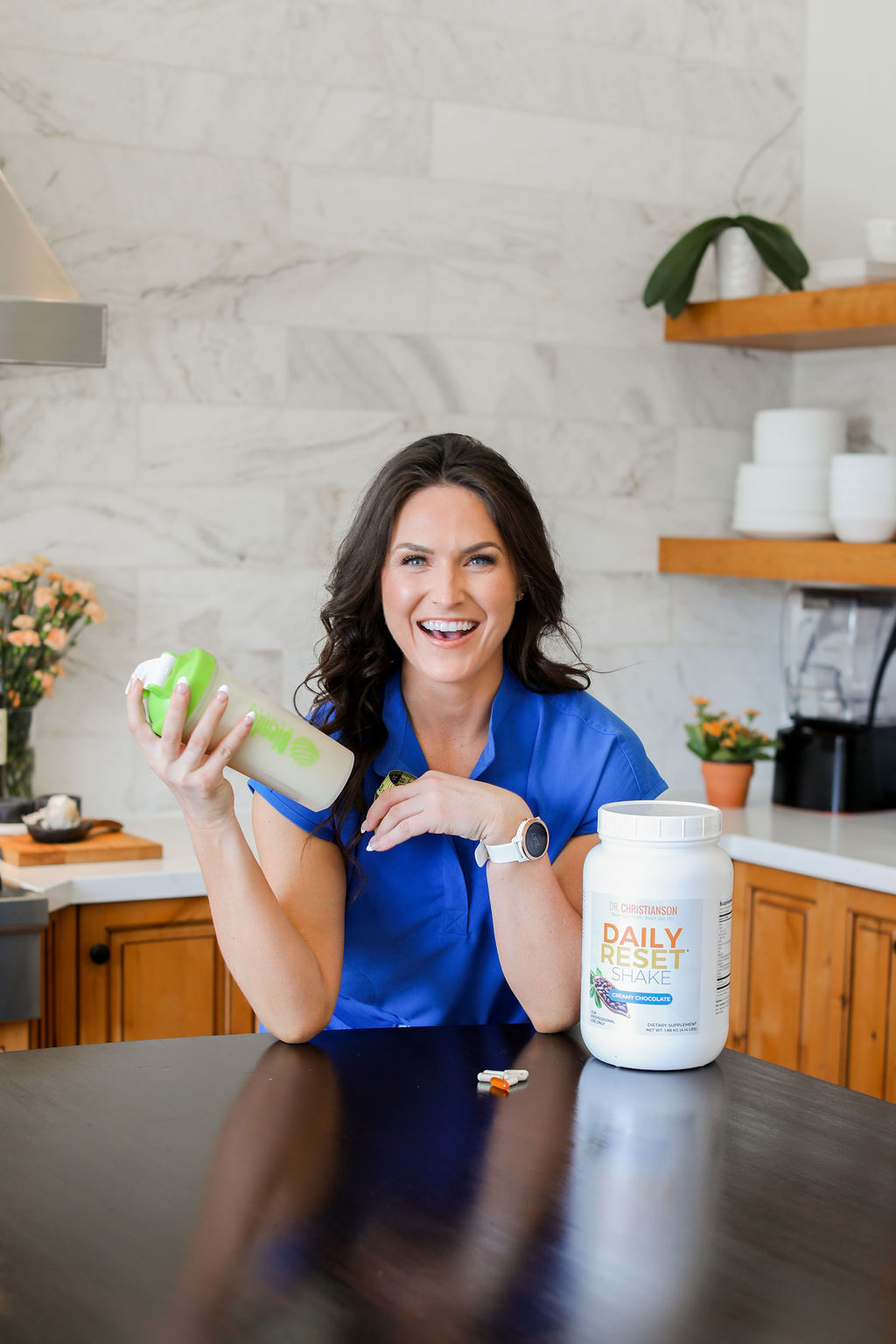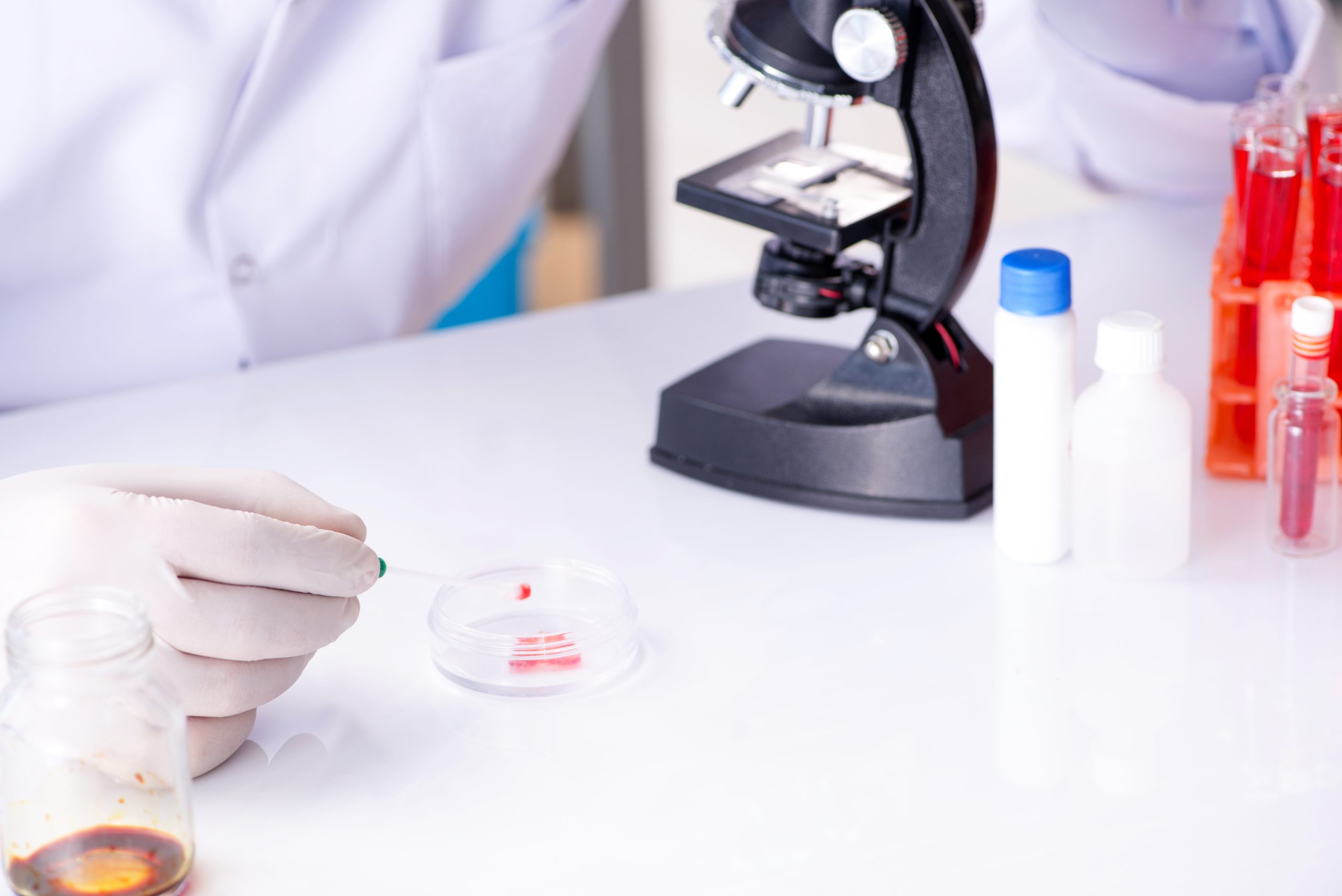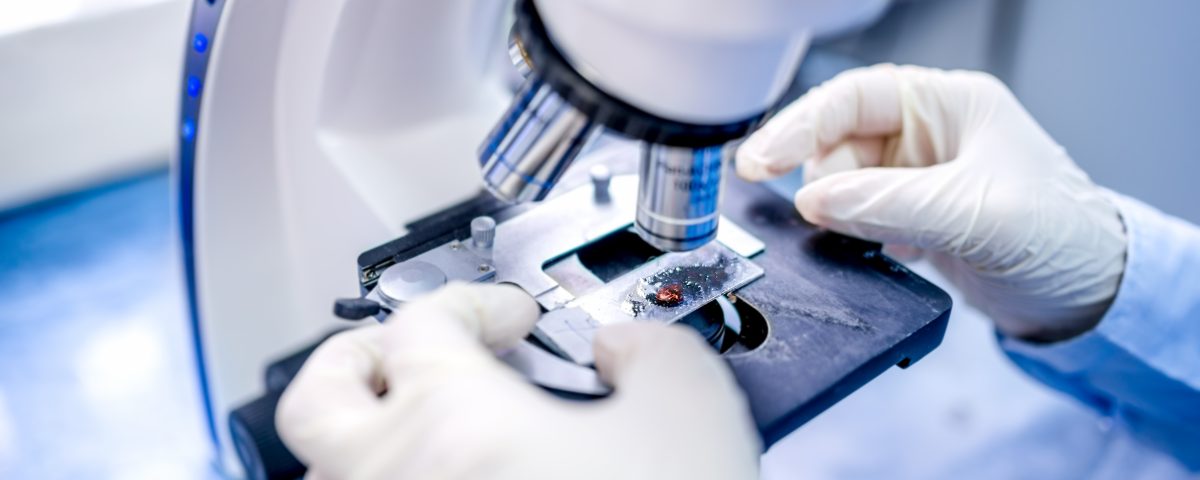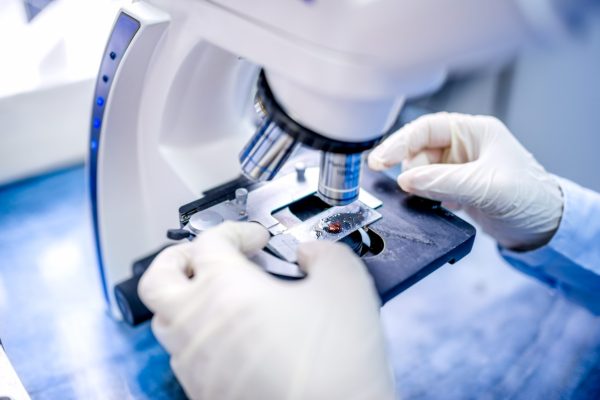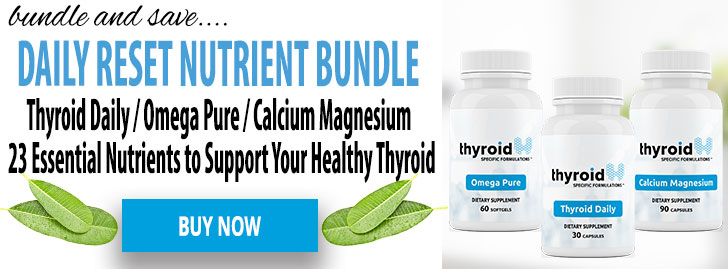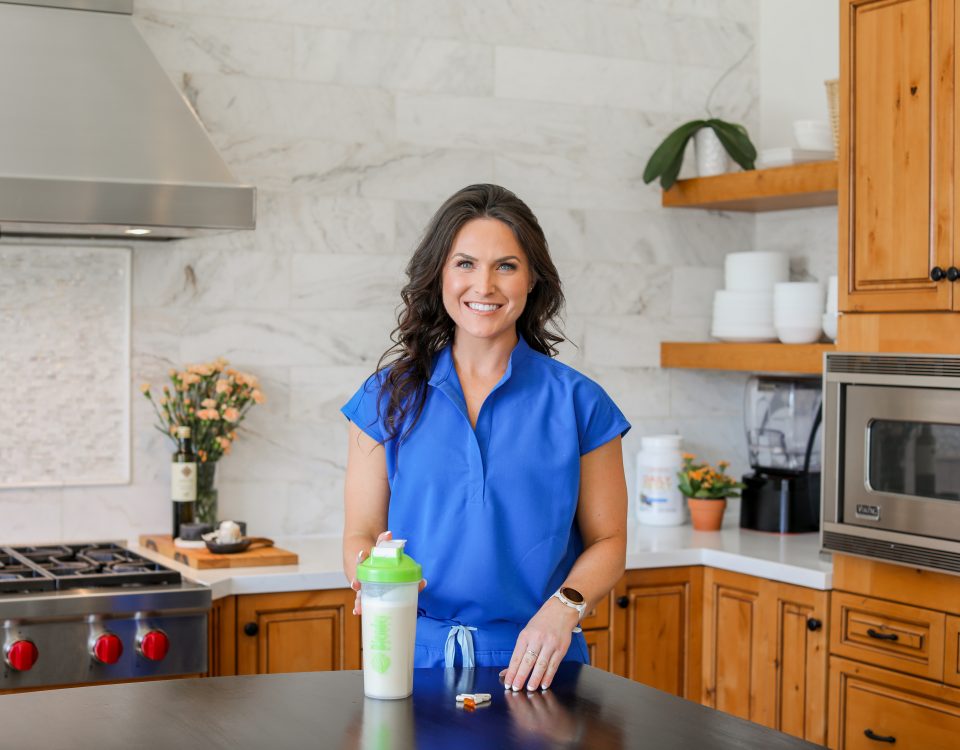Vitamin D
Vitamin D has two main problems. First, it is reported in two different units, ng/mL or nmol/L. The latter is more common in research articles and international lab results. The former (ng/mL) is most commonly used in lab results in the US.
The conversion is that nmol/L is 2.5 times higher than ng/mL.
What has happened is that many health experts have read studies written in nmol/L and used these numbers to make recommendations for blood levels in ng/mL. I kid you not. A study might suggest that optimal vitamin D levels range from 75-125 (nmol/L). Health experts have then told their readers that their blood levels should be in the 75-125 range, WITHOUT mentioning that their blood results will likely be in ng/mL.
75-125 nmol/L = 30-50 ng/mL.
The other problem with vitamin D is that it is a negative acute phase reactant. That means that when someone is sick, their vitamin D levels drop. People with weaker immune systems, thyroid disease, fatty liver, or autoimmunity also have lower vitamin D levels. However, that does not mean that low vitamin D causes these problems or that vitamin D supplementation can help them.
Let’s use fatigue as an analogy. If someone is sick, they are likely to walk fewer steps in a day than a healthy person.
If you took a group of 500 people with nearly any disease imaginable, they would likely walk fewer steps per day than 500 similar people without that disease. You could imagine that might be true for ovarian cancer, chronic lung disease, or acute COVID. Let’s say that people with these diseases walked, on average, 300 fewer steps per day than people of the same age and gender who did not have the condition. It would be no surprise if a clinical trial were done to see if walking an extra 300 steps per day cured ovarian cancer.
That’s about where we are with vitamin D.
The truth is that we do need vitamin D and that many people are too low in it. It is also true that in nearly any illness you can imagine, vitamin D levels run lower. Yet countless studies have shown that high-dose vitamin D supplementation does not cure much of anything.


